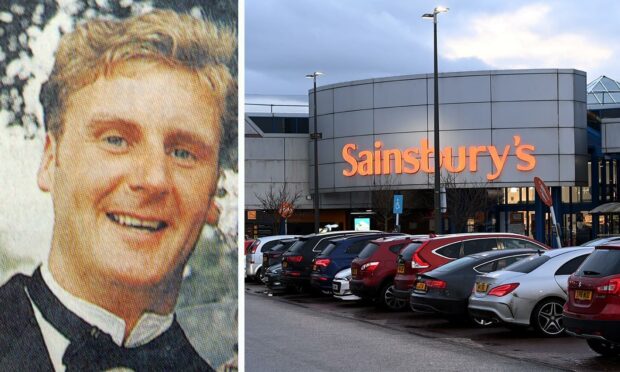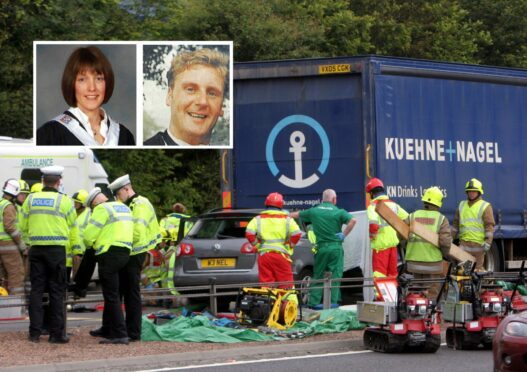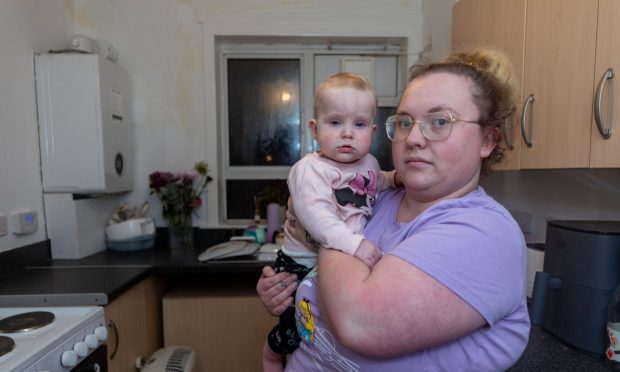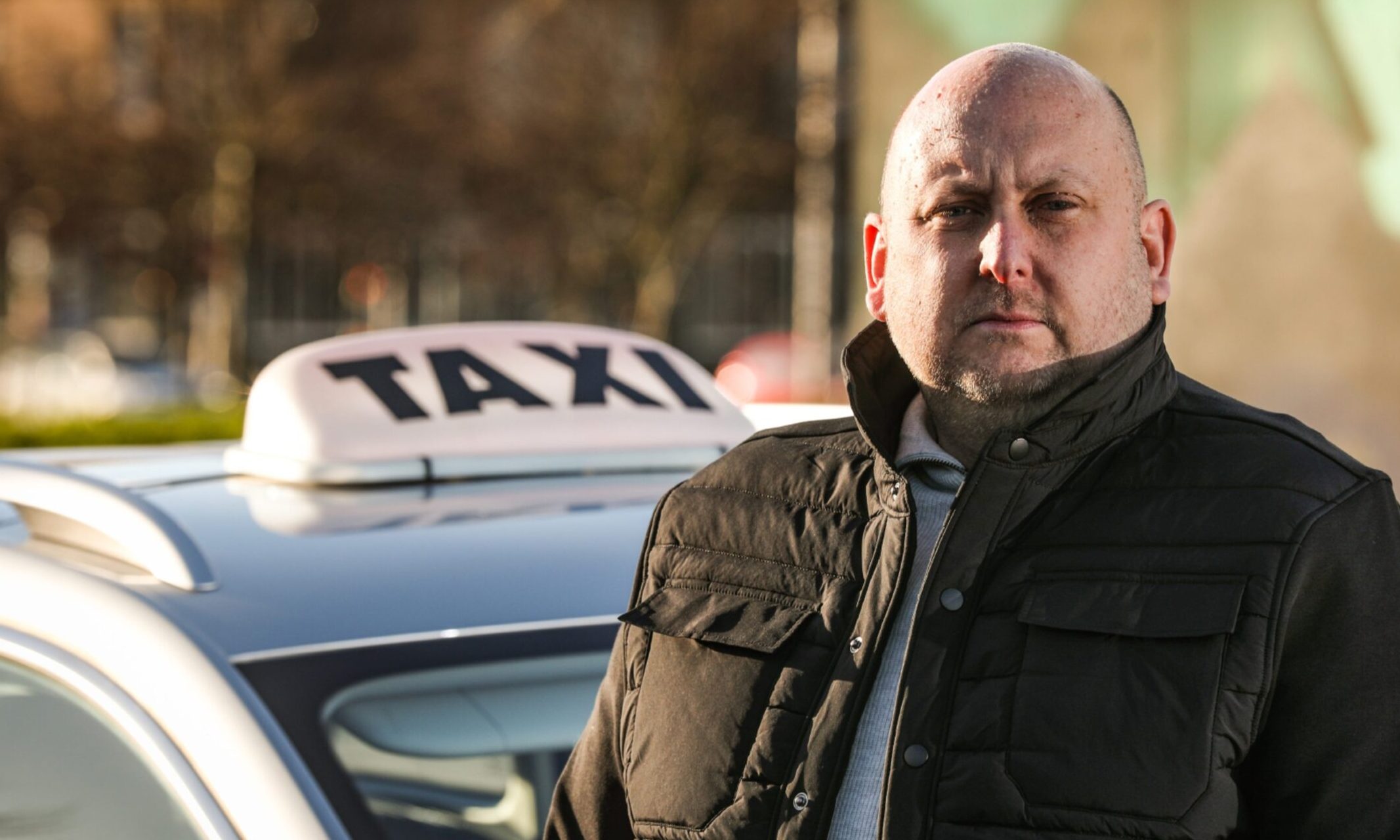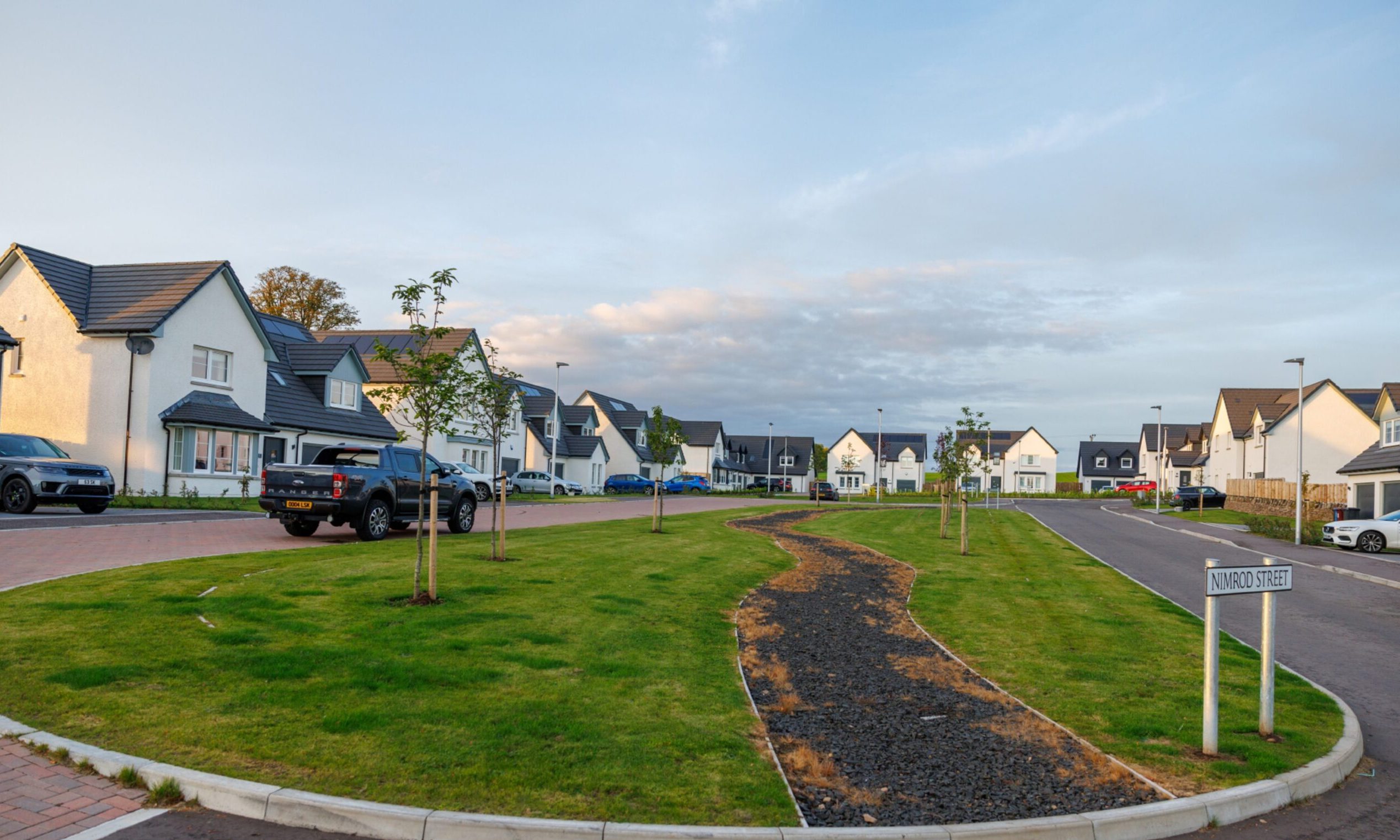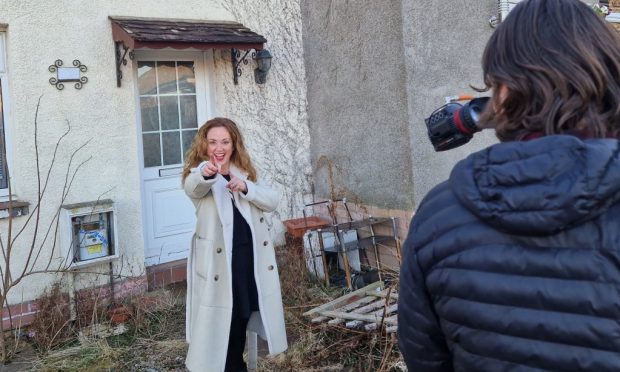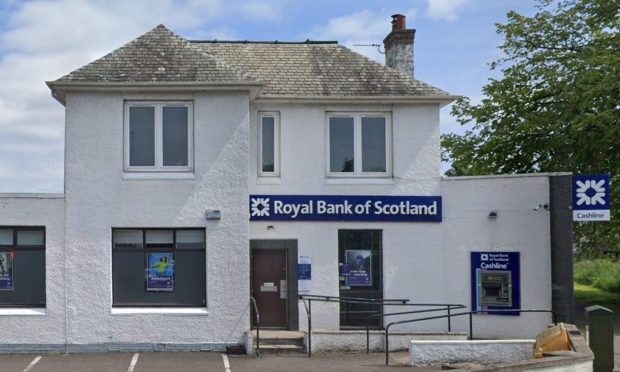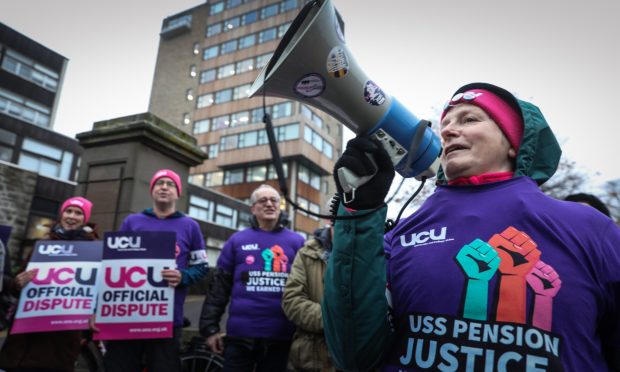A Dundee man who stabbed his wife to death in a frenzied attack 10 years ago has been spotting shopping in Aberdeen on a day trip from a local hospital.
In 2011, Neil Cumming stabbed his wife Barbara — known as Jane — to death at their home in Longforgan, just outside Dundee.
Cumming, 55, was acquitted on grounds of insanity and was institutionalised in Carstairs State Hospital in 2012.
After his 40-year-old wife’s death, Cumming attempted to take his own life by crashing his car into the back of a lorry on the A90 Perth to Dundee road.
Nine years after his time at Carstairs in South Lanarkshire, Cumming was transferred to a low-level security facility in Royal Cornhill Hospital, where he remains.
But the killer has recently been spotted shopping in Berryden Retail Park near Aberdeen, where he was pictured buying groceries in Sainsbury’s.
Cumming reportedly spent 30 minutes shopping in the complex before returning to the Aberdeen hospital.
Carstairs say Cumming’s mental health has improved and his behaviour has been settled for a significant period, allowing the transfer to Aberdeen.
Previously, there was shock after the killer was spotted shopping in Glasgow, where he was seen sitting down in a sushi restaurant and stopping at a coffee shop for takeaway drinks and snacks.
In 2018, staff at Carstairs voiced concern that the killer was being prescribed anti-impotence medication Viagra.
The man, who has a long history of mental illness, also tried to sue NHS Tayside for £250,000 for not admitting him to hospital the day before he killed his wife.
A spokesperson from NHS Grampian who run Royal Cornhill Hospital in Aberdeen said: “We do not comment on individual patients.
“Speaking generally, therapeutic outings are part of the recovery and rehabilitation process.
“These are carefully risk assessed and may include patients being accompanied by staff for such outings.”
Killer’s mental health improving
A spokesperson for Carstairs said due to data protection/confidentiality, the hospital is also unable to provide information on specific patients.
“As part of NHS Scotland, we remain committed to person-centred care and treatment. Our principal aim is to rehabilitate patients, ensuring safe transfer to appropriate lower levels of security,” the spokesperson said.
“A patient would be considered for transfer from the State Hospital once his mental health had improved and his behaviour was settled for a prolonged period.
“This involves an ongoing process of formal risk assessment and management, which includes an assessment of the appropriate level of security for a patient’s care.
“State Hospital policy is for all transfers and discharges to be undertaken using the Care Programme Approach (CPA) which is a multi-agency systematic approach to care planning involving where relevant: Local Health (forensic) services; Local Authorities (Social Work and Housing); Police and the Scottish Prison Service.”
What happened?
Mr and Mrs Cumming had been married for 16 years and had two daughters.
During Cumming’s court hearing in 2012, it was revealed he had been diagnosed with persistent delusional disorder in 1999 and had suffered an episode then in which he believed his wife was poisoning him and he was being spied on by colleagues at work.
On the day of the attack it was reported that Cumming had answered the phone to a nurse who had called the landline at the house where he said: “I have committed a terrible crime.”
Later that morning Cumming had driven his car at over 100pmh into the rear of a lorry on the A90 after taking hundreds of tablets.
Police and ambulance attended the scene, where they found Cumming seriously injured and his car wedged under the lorry.
Officers found a blood-stained 13 page suicide note in which Cumming had admitted killing his wife.
Couple saw psychiatrist day before attack
Cumming had attended an appointment with a psychiatrist with his wife at Wedderburn House the day before the attack.
He had been asked during the appointment if he was going to harm himself to which he replied: “No I love my wife and children.”
The court heard that Cumming was set to be admitted to Carseview mental health unit at Ninewells Hospital in Dundee but was told there were no beds available.
Cumming was instead referred to the acute Mental Health Response Team who were to monitor his condition in the community until a bed became available.
